Motivated by Darwin’s theory of evolution, we think consciousness must have a function. We think consciousness must play some role in our behaviour, and be able to cause and influence what we do. We think about raising our left arm, and then it raises. Surely consciousness has causal power. But this is an illusion, writes Helen Yetter-Chappell.
For more on Darwin vs Consciousness, the world’s largest philosophy and music festival, HowTheLightGetsIn, will be hosting a debate this May. Featuring Denis Noble, Stuart Hameroff, Antonella Tramacere and Güneş Taylor debating whether consciousness and the theory of evolution are incompatible.
You go up to a food truck and order a falafel wrap. Why? Because you felt hungry. You grab a hot pan on the stove, and you pull your hand back, yelping. Why? Because touching the pan hurt. Our world is filled not just with physical objects around us, but with conscious experiences. And our conscious experiences guide us in our interactions with the world. Nothing could be more obvious.
… Or so the standard picture goes. I think this picture is wrong. I agree that there are physical objects. And I agree that there are conscious sensations of hunger and pain. What I disagree with is the idea that conscious sensations guide us – or influence our behavior in any way – as we interact with the physical world. If I’m right, there is no causal interaction between our conscious experiences and the physical world. This is a position philosophers call epiphenomenalism. It may sound crazy at first, but it’s well-motivated once you appreciate the arguments for it.
___
The epiphenomenalist concludes that consciousness doesn’t explain our behavior.
___
Mental States Aren’t Causal
Why would one be an epiphenomenalist? The basic motivation comes from embracing two claims:
1. Physical things can be completely explained by physical things.
2. Consciousness isn’t physical: it’s something more.
To see why epiphenomenalism is a natural consequence of these theses, it can help to use pictures. (The dotted arrows show causation.)
1. Physical things can be completely explained by physical things.

There’s a complete physical explanation of why lightning causes thunder, why heliotropic plants track the sun, why pressing the brake pedal of your car causes it to stop … and why stubbing your toe causes you to hop around wailing.
Our bodies/brains are just one more physical thing among many. To explain their behavior – grimacing, wailing, or more complex vocalizations like saying “ouch” – we need look no further than the physical world.
2. Consciousness isn’t physical: it’s something more.

Physical explanations give brilliant accounts of the functioning of physical systems. But the sensation of pain (longing, vertigo, delight) has a subjective first-person feel. It’s mysterious why and how one could get feel from function or first-person perspective from third-person behavior.
Dualists argue that we can’t “get feel from function”. No matter how many Lego pieces you put together, no matter how complex the arrangement, the Legos will never become the feeling of pain. At best, the Legos may – like our brains – generate or “give rise to” a new thing, which is the feeling of pain.












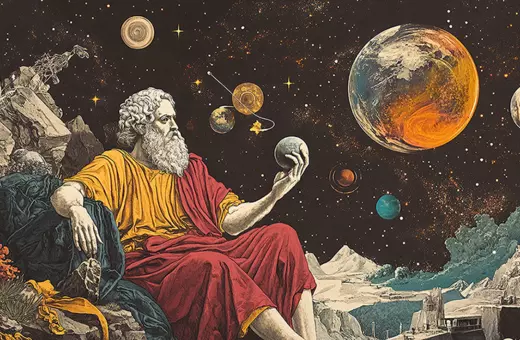
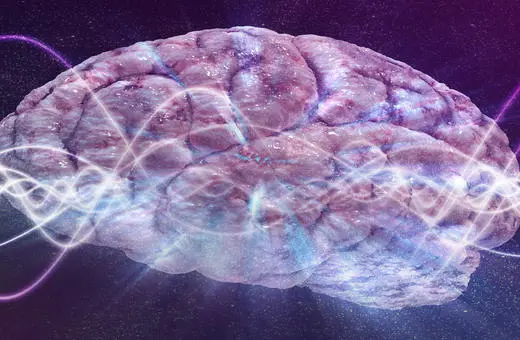

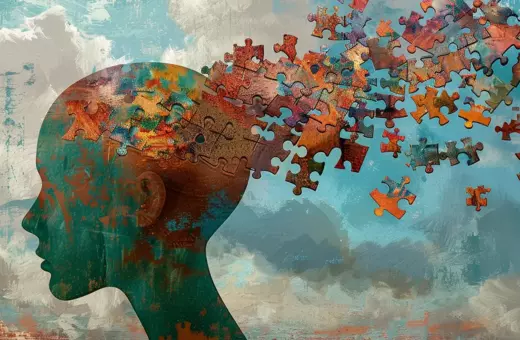
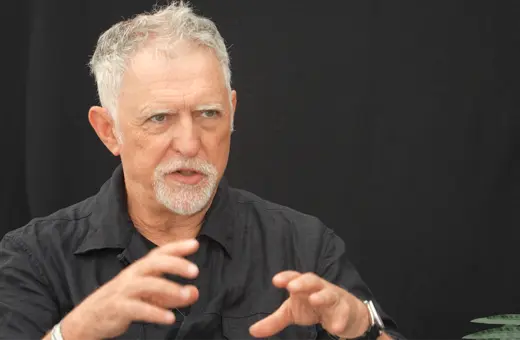
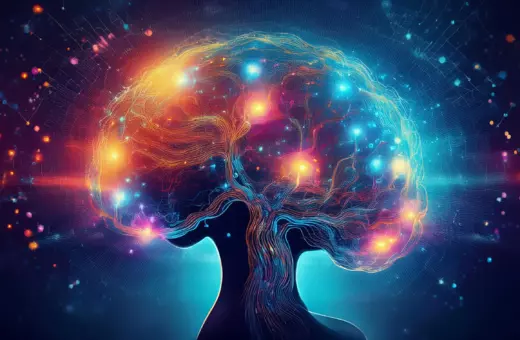



Join the conversation